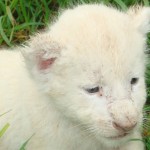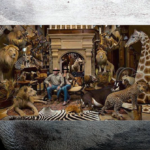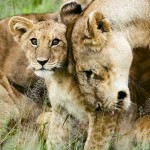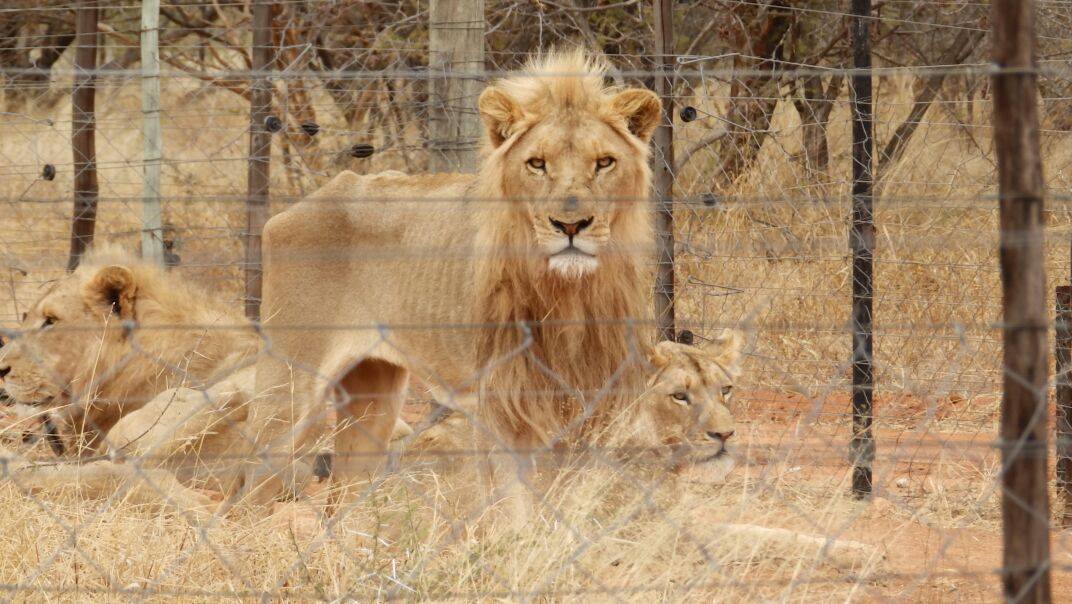
The exploitative breeding of lions for cub petting and trophy hunting has reared its abominable head in Limpopo Province, South Africa, with shocking photos of malnourished lions circulating on social media.
A series of disturbing photos depict a shameful sight on one of the properties reportedly owned by Walter Slippers, proprietor of Ingogo Safaris (“From the solid thunk of a bow, to the businesslike crack of a rifle, Ingogo will always make its mark with you”) and Toeka Plaas Kombuis, a coffee shop in Alldays. Africa Geographic reports that lion cubs are taken to Toeka Plaas Kombuis “to be petted during the day before returning to the farm.”
It was further revealed that Slippers “applied for hunting permits for five Vietnamese citizens” in March 2012.
South Africa’s Traveller24 contacted Slippers, who “denied the lions are currently underweight, saying the images are old and must have been taken in March when he was still in rehab” following a hospital stay in November 2015. Isabel Wentzel, Manager for Wildlife Protection Unit for the NSPCA, told Traveller24 that “inspections were carried out at all of Slippers’ properties on Monday, 4 July and that underweight lions were found at the breeding farm” and an “official warning” was issued.
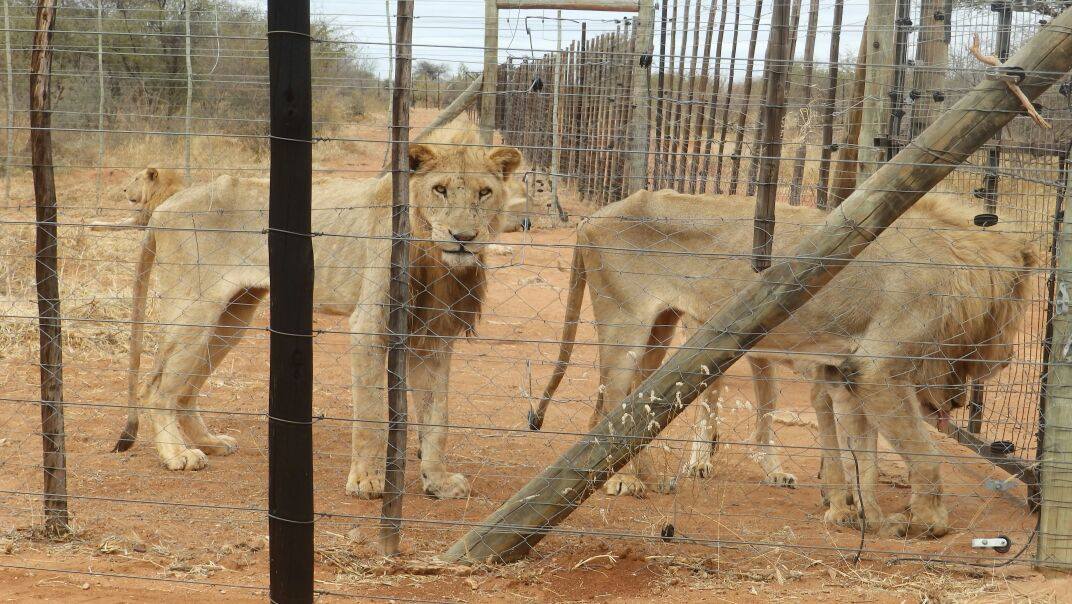
International attention seems to be having an unwelcome effect on South Africa’s dubious lion business. The South Africa Predator Association (SAPA) has attempted to blame the industry’s financial woes on the United States’ recent moratorium on lion trophies. SAPA’s Pieter Potgieter was quoted as saying, “the lion farmers now have no income.”
However, what “canned hunting” (the practice of shooting farm-raised animals in an enclosure) advocates like Potgeiter fail to mention is that the U.S. moratorium on lion trophies has not “banned” trophy hunting of African lions. The truth is that the U.S. will allow African lion trophies to be imported *if* the specimens are legally obtained in range countries as part of a scientifically sound management program that benefits the subspecies in the wild. Perhaps Potgieter and his cronies are aware that their “business practices” are unlikely to meet strict hunting trophy import criteria set forth by the United States.
The state of the African lion – including South Africa’s captive/canned lion industry – is undergoing increased scrutiny by the global community: ten African countries have submitted a proposal to transfer all populations of African lions to CITES Appendix I, which will be voted on in September of this year when Parties to CITES convene in Johannesburg for CoP17.
Meanwhile, trophy hunt sympathizers, pro-trade lobbyists, and lion farming advocates will continue to peddle excuses for the continued commodification of African lions.
Help fight against wildlife trafficking: Support our work to advocate for the protection of endangered species at the upcoming CITES CoP17 in South Africa.

![Lion Policy Pioneers [Podcast]](https://annamiticus.com/wp-content/uploads/2016/07/BehindTheSchemesEpisode40-150x150.png)
